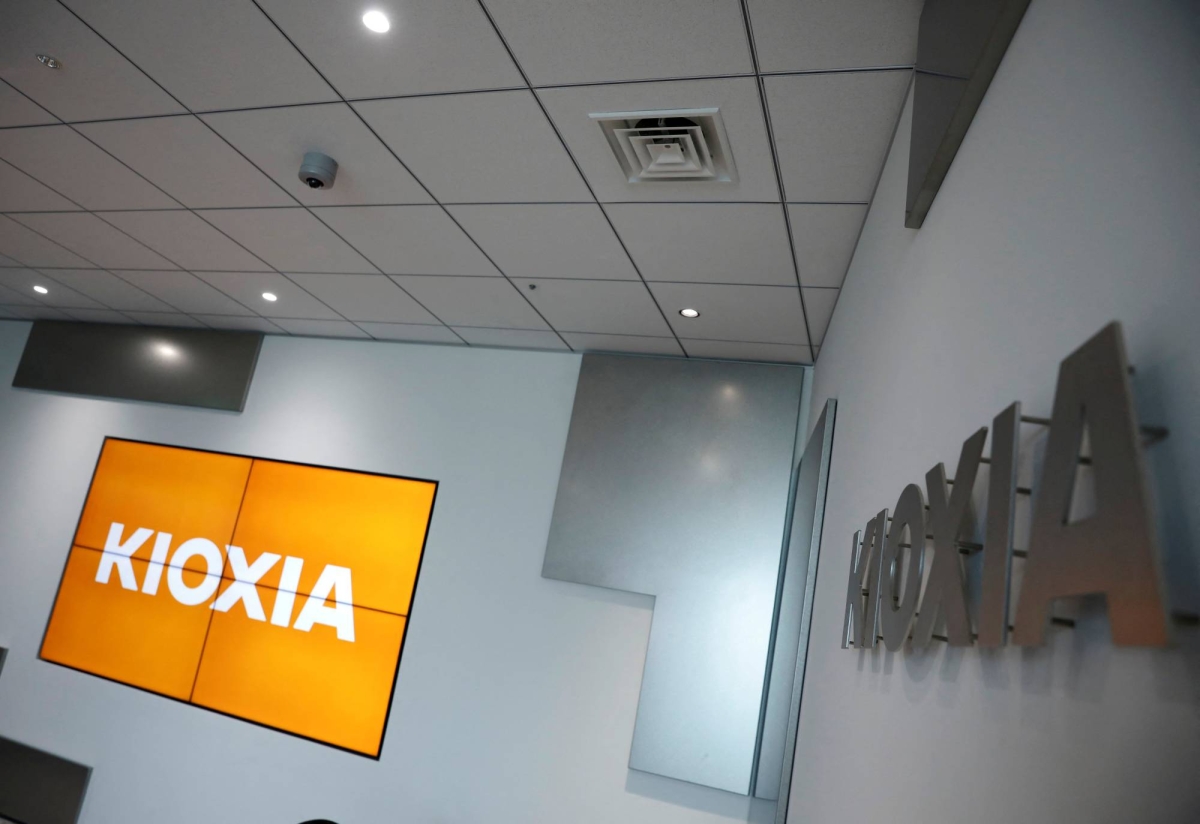
Bain Capital’s plan to list Japan’s Kioxia in an initial public offering (IPO) hit a roadblock as investors demanded a significantly lower valuation than the U.S. buyout firm sought, according to two sources. Bain aimed for a $10 billion valuation for the memory chipmaker, but global investors only offered around half of that, leading Bain to scrap its October IPO plans.
Kioxia, formerly Toshiba Memory, was acquired by a Bain-led consortium in 2018 for 2 trillion yen ($13.4 billion). However, investor hesitation about the current state of the memory chip market contributed to the wide valuation gap, complicating Bain’s exit strategy for its six-year investment. Sources revealed that investors pushed for a market value around 800 billion yen, falling short of Bain’s 1.5 trillion yen target.
The pressure from investors, who met with Kioxia in August and September, marked a turning point for the IPO plan, which was reported to have shelved last month. Concerns over market conditions, particularly within the NAND memory sector where Kioxia specializes, were cited as key reasons. Despite improvements in NAND prices due to artificial intelligence (AI) developments, analysts note that price gains have plateaued, casting doubt on short-term prospects.
A fund manager from an Asian hedge fund, who met with Kioxia, commented that the current market environment might delay any potential IPO until later in the financial year. Meanwhile, Kioxia has endured challenges, from its separation from Toshiba to stalled merger talks with Western Digital, partly due to resistance from investor SK Hynix.
Increased competition from South Korean and U.S. firms, along with weak demand for smartphones and PCs, has also impacted Kioxia’s performance. While AI integration in consumer electronics is expected to boost demand in the future, some investors remain wary of entering the NAND market at this stage.
One portfolio manager from a Western fund expressed reluctance to invest while the market appears to be at a peak, despite potential long-term demand shifts driven by AI applications in smartphones and PCs. Both Bain and Kioxia declined to comment on the matter.
The IPO postponement comes amid volatile conditions in the Japanese stock market, which has been affected by a recent rate hike and a change in the country’s Prime Minister. Despite this, Japan’s stock index has risen by 18% this year. Analysts are watching Kioxia’s IPO closely, as it is seen as a bellwether for buyout firms attempting exits in Japan, where private equity rarely invests in semiconductor companies due to high capital requirements and industry cyclicality.
The Japanese government, seeking to revitalize its semiconductor sector, has pledged subsidies of up to 242.9 billion yen to Kioxia and Western Digital to boost production. According to a government source, Kioxia’s IPO remains critical due to its strategic location and role in supplying memory chips for AI development.
Macquarie Capital’s head of Japan research, Damian Thong, suggested that an IPO at a lower valuation might be a reasonable step, allowing the market to adjust Kioxia’s value post-listing.
Featured Image courtesy of The Japan Times
Follow us for more updates on Kioxia’s IPO plans.
